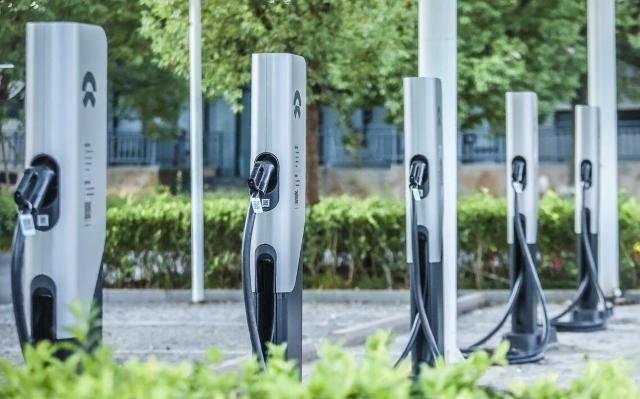Several electric vehicle (EV) startups are weathering a tough market environment after seeing a drop in business from customers, Reuters reported.
Fisker
Fisker’s recent bankruptcy filing highlights the industry’s difficulties. The company has faced financing difficulties, sluggish sales and supply chain issues that have particularly affected its flagship electric SUV, the Ocean. Despite efforts to cut costs, partner with dealers and solicit investments from major automakers, Fisker has been unable to overcome the financial hurdles.
Other U.S. EV startups are similarly adjusting their strategies to cope with higher borrowing costs and declining demand due to economic uncertainty. Here’s how major players are adapting.
Rivian Automotive
Rivian has taken significant steps to reduce costs and improve efficiency. This year, the company temporarily shut down assembly lines and retooled facilities in an effort to streamline production and improve profitability. Rivian recently unveiled its second-generation vehicle, which features new drive units, upgraded software and fewer parts to reduce production costs.
In a strategic move, Rivian offered lower-grade options for its vehicles in February, a shift from its previous stance against price cuts. The company also renegotiated supply contracts and began producing some parts in-house to further reduce its cash burn. Rivian reported first-quarter cash and cash equivalents of $5.98 billion, down from $7.86 billion in the fourth quarter.
Going forward, Rivian plans to produce a smaller, cheaper electric SUV, the R2, and crossover, the R3, at its existing U.S. factories, with deliveries scheduled to begin in the first half of 2026.
Lucid Group
Lucid Group said in May it would cut its U.S. workforce by 6% after missing revenue expectations for six consecutive quarters. The company lowered prices for its Lucid Air Pure models and offered incentives such as two years of scheduled maintenance and free charging allowances.
In November, Lucid unveiled the Gravity SUV, priced under $80,000, with production set to begin later this year. To broaden its customer base, Lucid plans to introduce a more affordable midsize vehicle by the second half of 2026, targeting a price range of around $50,000. Lucid ended the first quarter with $2.17 billion in cash and cash equivalents, up from $1.37 billion in the fourth quarter last year.
Nicola
Nikola is shifting its focus to hydrogen-powered heavy-duty trucks after a setback in August when one of its battery-electric trucks caught fire and required a recall. The company forecasts up to $170 million in truck sales in 2024 and aims to sell 450 vehicles, including hydrogen fuel cell electric trucks.
Nikola reported that it had cash and cash equivalents of $345.6 million at the end of the first quarter, down from $464.7 million in December. The shift to hydrogen-powered trucks is part of Nikola’s strategy to stabilize its business amid tough market conditions.
Conclusion
The current landscape for EV startups is marked by strategic shifts to address declining demand and economic pressures. Companies are focusing on cost-cutting measures, product diversification, and integrating new technologies to stay in business and appeal to a wider customer base. As the industry continues to evolve, these adaptations are crucial to the survival and growth of these innovative companies.

